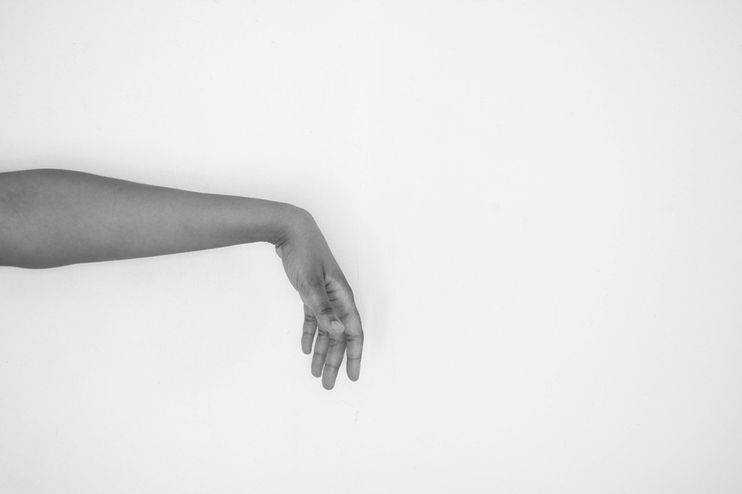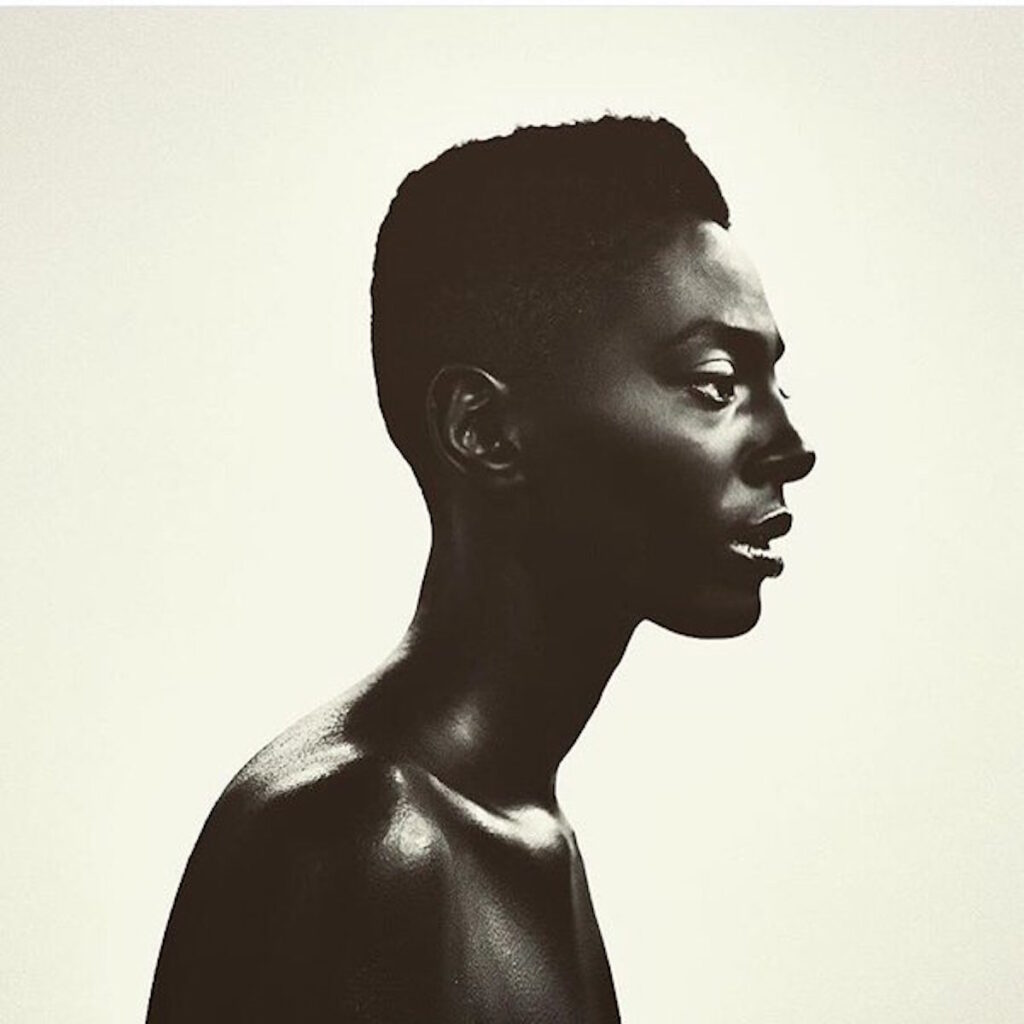By Omnia Saed
Here’s 7 of our favorite female writers who are reshaping poetry worldwide to hold you over this summer.
When Beyoncé dropped Lemonade earlier this year, the world opened their ears to the brilliant work of the British-Somali poet Warsan Shire. But while the mainstream is only catching on to her now, Warsan has been a widely acclaimed poet for some time now. The 27-year-old poet published her first chapbook in 2011 titled Teaching My Mother How to Give Birth and was selected as a Young Poet Laureate in 2013.
In honor of Shire and the countless other African women influencing the poetry landscape today, we’ve gathered together our favorite contemporary poets to read this summer. Whether you’re looking for additions to your summer readings list, curious as to who the authors are behind the multitude of quotes you find so frequently shared on your timeline, but which often go uncited (do better internet.), or you simply want to marvel at the beauty and power of African women in the diaspora, we got you covered. These poets will teach you about love, identity and home all the same.

Photo courtesy of @nayyirahwaheed
1. Nayyirah Waheed
Although not much is known about the oft reclusive writer, Waheed is a U.S. based author whose work has garnered international acclaim. Writing on identity, immigration, and self-love in succinct and powerful sonnets, Waheed distinct voice has reshaped poetry. Waheed released two books, Salt, which was published in 2013 and Nejma, in 2014. You can follow Nayyirah on Twitter @nayyirahwaheed.
To give you a taste of Waheed’s work, in commemoration of Afeni Shakur’s passing, the writer wrote a homage to the famed rapper’s mother for VIBE magazine.
Favorite Quote: “warmed. slowly. repeatedly./ speak to him in. the language./ the language only he and you understand./ the language only you and he can speak./ remind him. / ‘tupac. you are my first poem. /a love poem.” ― nayyirah waheed, Afeni Shakur: A Mother’s Love

2. Ladan Osman
Ladan Osman is a Somali-American poet and teacher. In 2011, Osman was awarded the Sillerman First Book Prize for her collection, The Kitchen Dweller’s Testimony. Osman’s work transverses the realms of identity, specifically her Somali heritage and Muslim identity. In an interview with The Paris Review, Osman explains the thought-process behind her work. “It was important for me to address all the ways people attempt to override the narratives of our own lives, and the ways we subjugate ourselves and second-guess our own sense of witness,” she explains.
Favorite Quote: “I want to say ‘Be!’ to her but am an ordinary soul./ I watch for the fold under her eye to twitch. / I have many dreams, I say to her./ In my dreams I am better than myself.” ― Ladan Osman, Ordinary Heaven

3. Ijeoma Umebinyuo
Getting her start through the social media site Tumblr, Ijemoa Umebinyuo is a Nigerian poet born and raised in Lagos, Nigeria. She published her first collection of poems titled Questions for Ada in August of 2015. Writing of her personal story, Umebinyuo highlights the tribulations of being a woman, being foreign and being loved. You can follow Ijeoma on Twitter @ijeomaumebinyuo.
Favorite Quote: “So, here you are/ too foreign for home/ too foreign for here./ Never enough for both.” ―Ijeoma Umebinyuo, Questions for Ada

4. Safia Elhillo
The Sudanese author who grew up in Washington, D.C. is a young poet on the rise. She is the poetry editor for the Kinfolks Quarterly: a journal of black expression and co-winner of the 2015 Brunel University African Poetry Prize. A former Tedx speaker and performer on TV1’s Verses and Flow, Elhillo speaks on lost translations, of home and of identity. Safia previously published her first short collection of poems titled, The Life and Times of Susie Knuckles and will publish her second collection in 2017 titled The January Children. You can follow Safia on Twitter @mafiasafia.
Favorite Quote: “I will say:/ Most men are afraid of me, you know?/ Or, I will say:/ In my culture we do not take our men’s names as our own/ You have nothing for me/ I have my own name/ I know/ now how this body works/ How it will never let a name go until it has taken it into the mouth and fed it to the breath/ I still know by heart” ―Safia Elhillo

5. Yrsa Daley-Ward
The daughter of a Jamaican mother and a Nigerian father, Yrsa Daley-Ward published her debut book bone in 2014. The actress and writer speaks on womanhood and sexuality; and breathes honesty in her poems highlighting her struggles with depression and self-reliance. You can follow Yrsa Daley-Ward on Twitter @YrsaDaleyWard.
Favorite Quote: “The pastor makes twenty-four/ references to hell / in the sermon at church and forgets/ to talk / about love.” —Yrsa Daley-Ward, bone

6. Upile Chisala
Upile Chisala is a Malawian poet. Along with writing poetry, the recent college graduate who hopes to attend Oxford University in the fall is the co-founder of the Yanja Series, a monthly gathering for women of color in Baltimore for expression and creation. In 2015 Chisala published her first collection of poetry titled, soft magic., a collection of short poems that explore gender, identity, the diaspora and self-care. That is all to say, if anything else follow Chisala’s Instagram account. I promise it won’t fail you. You can also follow Upile on Twitter @BeingUpile.
Favorite Quote: “can’t I just be a black woman that loves herself in peace? / without having to explain why my skin/ ( be it light honey or molasses)/ is a dream?/ why my hair/ (coarse or sleek)/ is a crown?/ can’t I just be a black woman that loves being a black woman/ without having to be sorry/ or humble/ or polite about it?/ Damn it!/ who else has to justify loving themselves like this?/ who else has to fight for the right to call themselves a blessing?/ Goodness,/ can’t I just be a black woman that loves herself in peace??!!?” ― Upile Chisala

7. Warsan Shire
Born in Kenya to Somali parents, Shire and her family moved to the United Kingdom when she was a 1-year-old. Along with her chapbook, Teaching My Mother How to Give Birth, Shire released Her Blue Body in 2015. Warsan is currently working on her first full collection of poems to be released in 2016 titled Extreme Girlhood. You can follow Warsan on Twitter @warsan_shire.
Favorite Quote: “you can’t make homes out of human beings/ someone should have already told you that / and if he wants to leave/ then let him leave / you are terrifying/ and strange and beautiful/ something not everyone knows how to love.” —Warsan Shire, “For Women Who Are Difficult to Love”
Source: okayafrica

